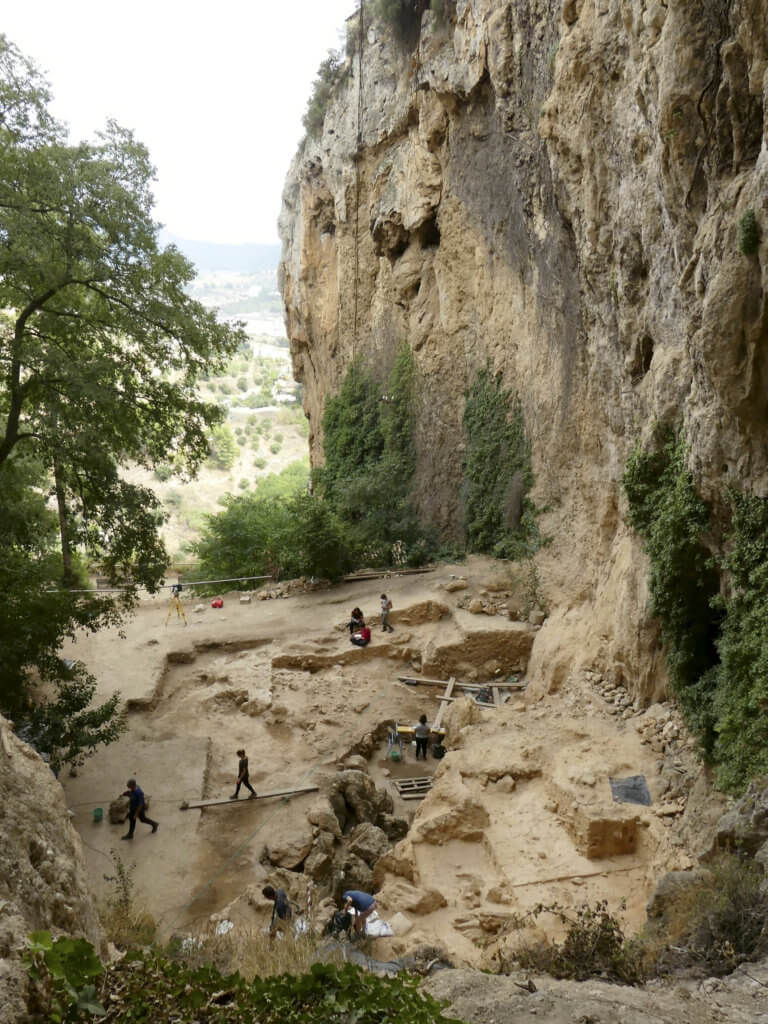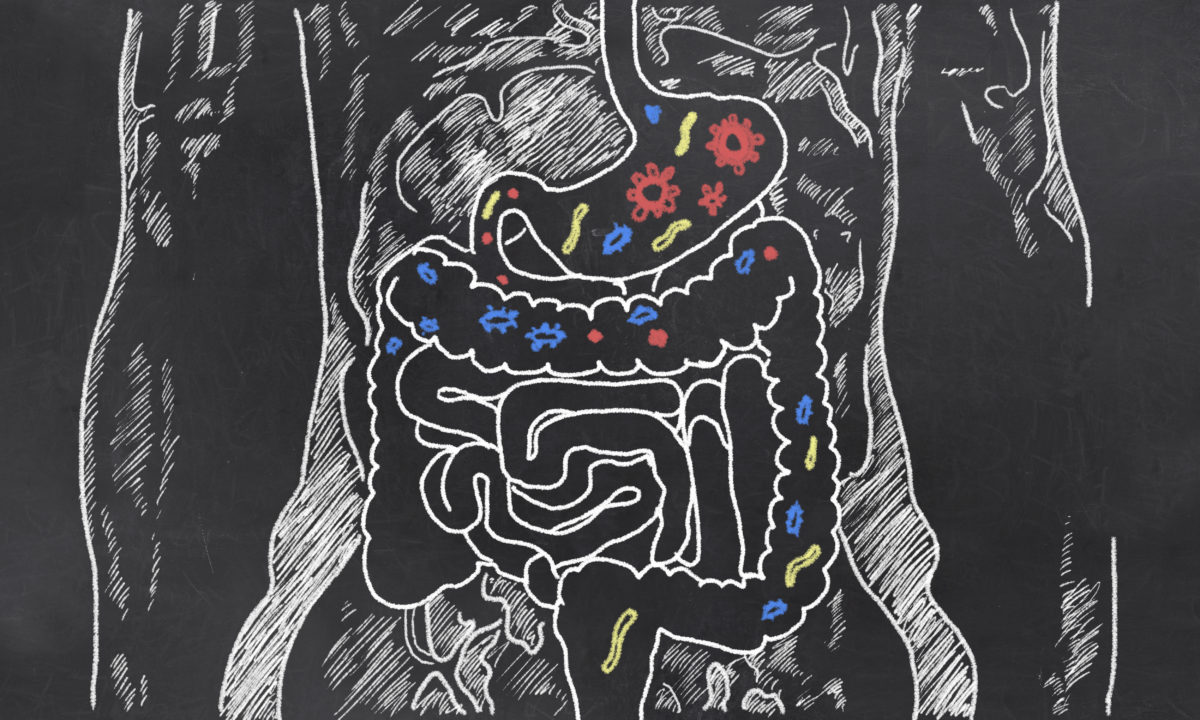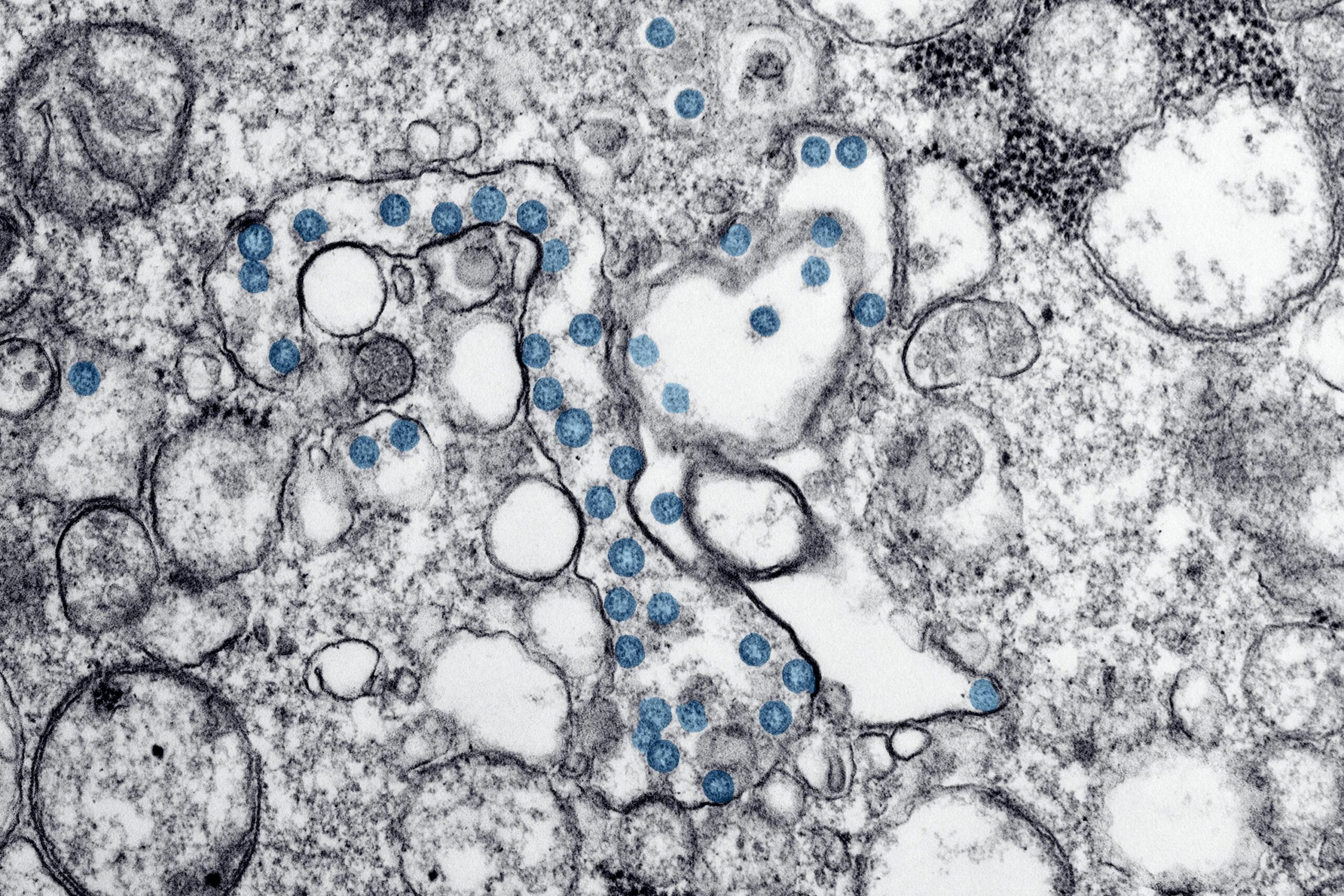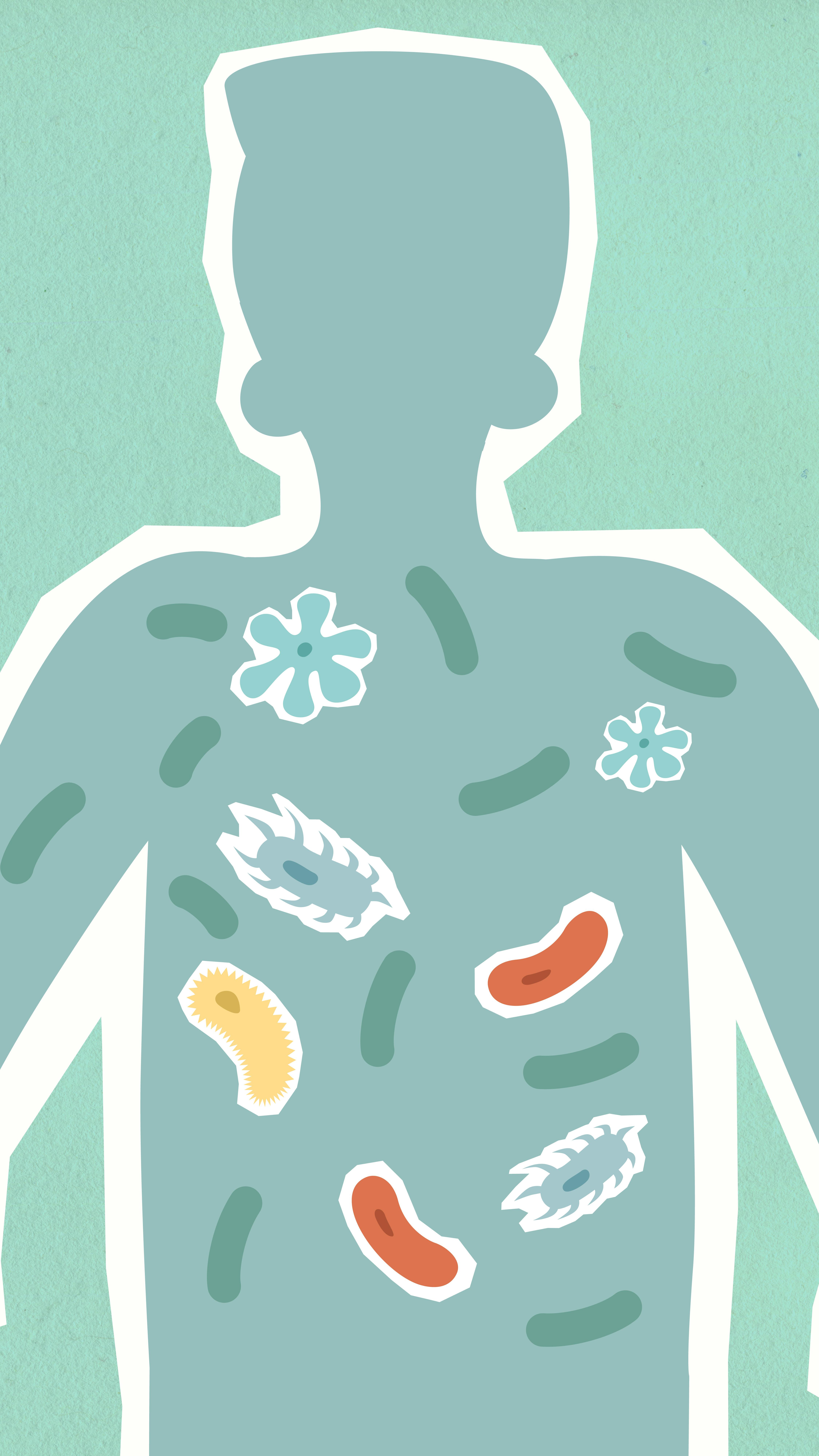Friendly gut bacteria that help keep us healthy were inherited from Neanderthals, say scientists. They were passed on during interbreeding, according to research out of the University of Bologna.
The finding is based on DNA extracted from 50,000 year old fossilized Neanderthal excrement dug up near Alicante, Spain, when Europe and Asia were populated by different human species.
“These results allow us to understand which components of the human gut microbiota are essential for our health,” says study coordinator professor Marco Candela, a professor in the department of pharmacy and biotechnology, in a university release. “They are integral elements of our biology also from an evolutionary point of view.”
The microbes perform hundreds of essential functions. They control blood sugar levels, fuel vitamins and manage cholesterol and hormones. They also prevent infections, store calories, communicate with the brain and strengthen bones.
“Nowadays there is a progressive reduction of our microbiota diversity due to the context of our modern life,” says Candela. “This research group’s findings could guide us in devising diet and lifestyle-tailored solutions to counteract this phenomenon.”
The waste samples collected from an archaeological site at El Salt are the oldest of their kind to date. They show a Neanderthal community were omnivores, feasting on both meat and vegetables cooked around a campfire.

By extracting and analyzing the DNA, the international team identified beneficial micro-organisms that boost our intestines today.
The study, published in the journal Communication Biology in February 2021, suggests they have been living in the human gastro-intestinal tract for more than 700,000 years. This is before Homo Sapiens and Neanderthals separated from a common hominin ancestor.
Eating too much processed food, drug use and high sanitation environments has dramatically reduced the diversity of gut microbiome in modern humans, which can be harmful.
“The process of depletion of the gut microbiota in modern western urban populations could represent a significant wake up call,” says first author Dr Simone Rampelli, also from Bologna. “This depletion process would become particularly alarming if it involved the loss of those microbiota components that are crucial to our physiology.”
The discovery sheds fresh light on those that are most important for our wellbeing. It highlights those that are at the core – and have been there throughout our evolutionary history. The authors say it may even open the door to boosting them with probiotic yogurts, beneficial bacteria found in certain foods or supplements.
Alarmingly, we are already witnessing a dramatic increase in cases of chronic diseases such as inflammatory bowel disease, metabolic syndrome, Type 2 diabetes and colorectal cancer.
Modern technology offers hope of combating them with a new scientific field, paleomicrobiology. It studies ancient microorganisms from archaeological remains through DNA sequencing.
The method enabled the researchers to piece together the composition of the micro-organisms populating the intestine of Neanderthals. By comparing them to ours, many similarities were found.
“Through the analysis of ancient DNA, we were able to isolate a core of microorganisms shared with modern Homo sapiens,” says co-first author Dr Silvia Turroni. “This finding allows us to state these ancient micro-organisms populated the intestine of our species before the separation between Sapiens and Neanderthals about 700,000 years ago.”
They include many well-known bacteria such as Blautia, Dorea, Roseburia, Ruminococcus and Faecalibacterium that are fundamental to our health. Indeed, by producing short-chain fatty acids from dietary fiber, these bacteria regulate our metabolic and immune balance.
There is also the Bifidobacterium, a microorganism playing a key role in regulating our immune defenses, especially in early childhood. The researchers also confirmed the ancestral nature of these components and their recent depletion in the human gut microbiome in the context of today’s lifestyles.
“In the current modernization scenario, in which there is a progressive reduction of microbiota diversity, this information could guide integrated diet and lifestyle-tailored strategies to safeguard the micro-organisms that are fundamental to our health,” adds Candela. “To this end, promoting lifestyles that are sustainable for our gut microbiota is of the utmost importance, as it will help maintain the configurations that are compatible with our biology.”
Report by Mark Waghorn, South West News Service











